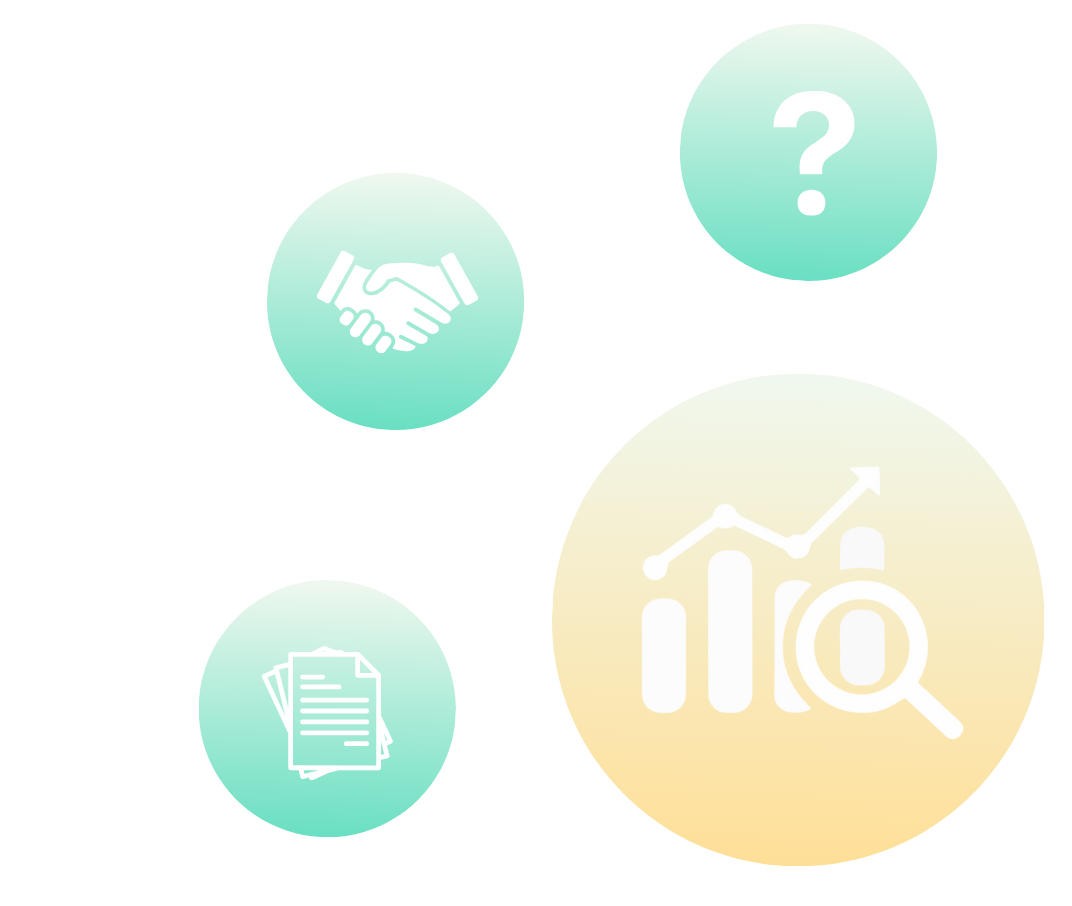Frequently Asked Questions
Find quick answers to common AI questions. Whether you’re focused on operational details or big-picture strategies, our FAQ page provides clear, practical answers tailored to your needs
Answer: AI can help reduce arrears, predict repairs, and streamline customer service, freeing staff for higher-impact work. It’s already improving KPIs like TSMs, complaints, and service quality. Small, well-scoped pilots show the clearest gains.
Answer: Start with a shared briefing that links AI to regulatory duties, tenant outcomes, and corporate priorities. Use DASH’s Board Readiness Checklist and Executive Readiness Assessment together to create a joined-up view. Treat AI like any transformation: clear roadmap, shared risk appetite, and regular reviews.
Answer: Begin with one or two operational areas where data is strong, teams are open, and the value is clear (e.g., complaints triage or rent collection). Use that as a proof point to build momentum. Roll out AI literacy training in parallel to avoid tech being seen as a threat.
Answer: Focus on one use case with measurable benefits (e.g., time saved, complaints reduced, risk flagged earlier). DASH’s Business Case Toolkit includes housing-specific templates. Include risk mitigations, cost projections, and how success will be measured.
Answer: Copilot is powerful for summarisation, admin, and search, but comes at a high licence cost and doesn’t fit every user. Consider a mixed approach: Copilot for power users and secure use of open models (e.g. Azure OpenAI or private GPTs) for others.
Answer: Every AI use should leave a trail: who designed it, what data it used, and how decisions are checked. DASH’s Governance Checklist sets out the controls boards should see fairness reviews, audit logs, and named accountability. If it can’t be explained, it shouldn’t be approved.
Answer: AI can magnify problems in poor data, especially bias, consent issues, or missing information. As a board, look for evidence of data audits and safeguarding practices before any AI tool is deployed. Red flag: no data governance owner = don’t proceed.
Answer: Insist on pre- and post-implementation metrics: cost savings, risk reduction, or improved tenant outcomes. Value should be benchmarked against business-as-usual, not AI promises. Ask for quarterly reports with trends, lessons, and any unintended impacts.
Answer: Good pilots have a clear use case, risk review, data ownership, ethical safeguards, named accountable officers, and an exit strategy. Red flag: If you don’t know who’s responsible or what it’s trying to solve, pause.
Answer: You don’t need to code, but you should understand what AI is (and isn’t), how it links to your statutory duties, and how to scrutinise it like any other business risk. Consider DASH’s AI Boardroom Briefing or How to Use Gen AI guide. Ask for annual training as standard, like you do for cyber or safeguarding.
Find quick answers to common AI questions. Whether you’re focused on operational details or big-picture strategies, our FAQ page provides clear, practical answers tailored to your needs
Need Help?
Whether you need quick advice or more detailed support, our team is ready to guide you. Let’s connect and find the best way forward.

